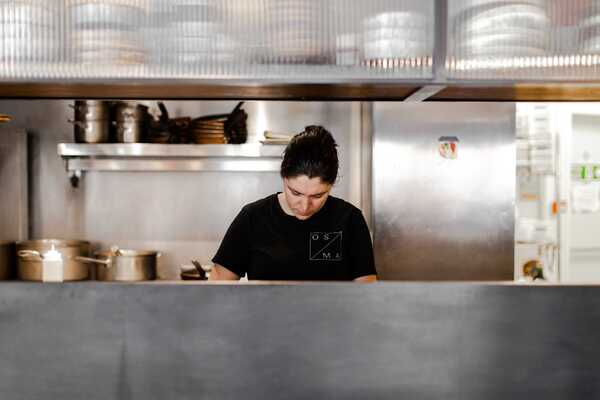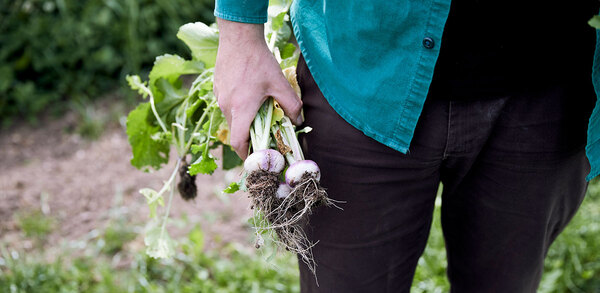UK counties favour anaerobic digestion for commercial food waste disposal
Two UK counties have this week favoured anaerobic digestion (AD) as their waste disposal method of choice.
Both Essex County Council and County Durham have adopted AD as a major means of disposing of waste, especially commercial food waste, as part of a commitment to more sustainable disposal methods and a way to create more ecologically-friendly fertiliser, energy and heat.
Essex Country Council has signed a £1.7m deal with Tamar Energy that will see it manage more than 54,000 tonnes of local food and garden waste via its composting and AD plant network.
A new Essex plant is expected to be completed by mid-2014, which will aim to process more than 7,000 extra tonnes a year. This is intended to help the council maintain and improve its existing waste collection goals and also create bio-fertiliser and green energy for local farms and homes.
In Durham, an £8m AD plant, from agriculture company Emerald Biogas and land management firm Agricore, has opened, with an aim to process over 50,000 tonnes of the region's restaurant and caterer food waste. It is expected that this will generate enough energy for around 2,000 local homes a year, provide farmers with sustainable fertiliser and save thousands of tonnes from landfill.
Speaking about the new Durham plant, waste minister Dan Rogerson MP said: "Dealing with waste properly not only benefits the environment but will also help create jobs and build a stronger economy."
On the Essex development, Mat Stewart, Tamar Energy's head of feedstock and managing director of its composting business, Tamar Organics, said: "This contract represents our first partnership with a local authority in England. This once again demonstrates that AD is a genuine waste management option for local authorities that can provide tangible financial and environmental benefits."
Both regions' AD plants will provide energy to the national grid.
Alternatives to sending waste to landfill has been a hot topic in recent months, as the question of what to do with significant levels of food waste becomes an increasingly challenging problem.
AD, which can produce fuel from waste that would otherwise have been dumped in landfill, has been mooted as a suitable, alternative method, especially by councils. It is also estimated by the Waste and Resources Action Programme (WRAP) to cost £40 less per tonne to process than more traditional methods.
However, other techniques have also been suggested: last November, restaurateur Thomasina Miers and environmental campaigner Tristram Stuart called for an overturn of the current ban on feeding livestock treated food waste, saying that it was a safe, cheap, environmentally-friendly and effective waste disposal option.
However, Alastair Butler, free-range pig farmer and BPEX board member called their pig feed idea "seriously flawed".
Pig feed idea is total swill >>
Pig feed campaign to offer free food to 5,000 in Trafalgar Square >>
How to… Recycle food waste on site >>



















